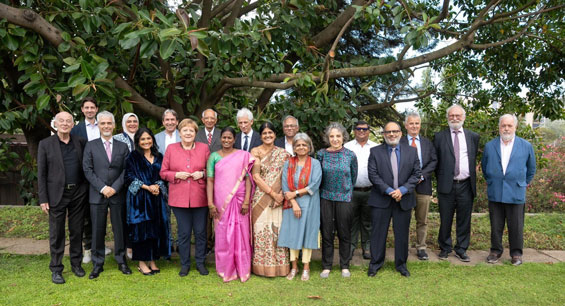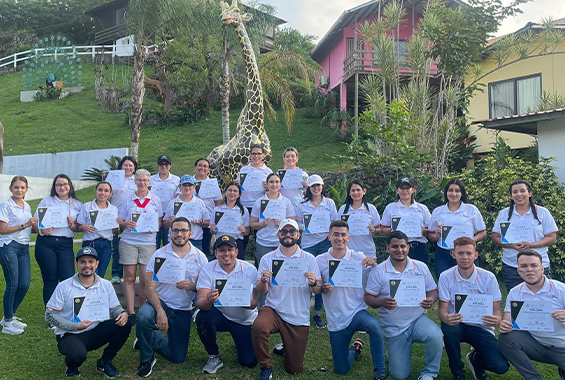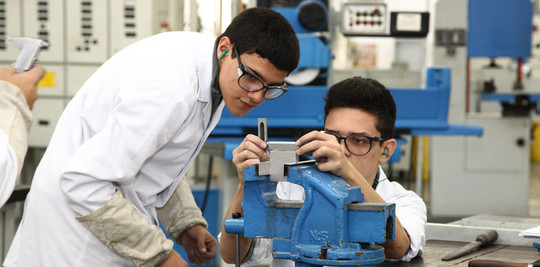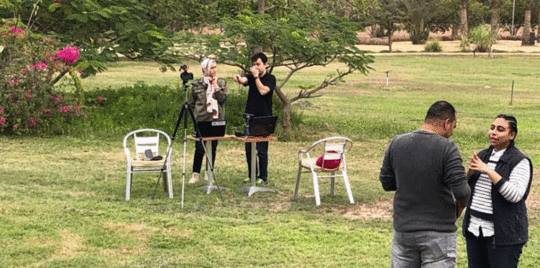Published
Modernizing metalworking and electrical training occupations
Modernizing metalworking and electrical training occupations
A vocational training partnership with the Ukraine aims to slow down the migration rate in the affected regions, while reducing youth unemployment and accompanying shortage of skilled experts.
As part of a vocational training partnership with Ukraine, the Bildungswerk der Bayerischen Wirtschaft (bbw) has been revising syllabuses in line with needs together with local partners to establish dual training structures in companies and schools. The project aims to reduce the structural causes of migration in two pilot regions affected particularly badly by this, Lwiw and Wolhynien, through an improved and more demand-oriented vocational training.
Unemployed youths and a shortage of qualified experts
The Ukrainian economy contracted significantly in 2014, above all due to combat operations in the east of the country. There is also an imbalance between supply and demand in the jobs market: On the one side, the country is struggling with high youth unemployment, on the other hand there is an acute shortage of qualified labour. The vocational training is no longer up-to-date in terms of its structure and is consequently held in low esteem.
Adaptation to real economic needs
The bbw works locally with five private companies, four vocational schools and business. Workshops serves to strengthen existing networks between stage educational institutions and companies in order to adapt syllabuses to the actual needs of the economy. This also contributes to sustainable economic development, promotes investment and provides support for companies. As a result, pupils are better qualified, allowing them to find a job matching their training and thereby secure a regular income.
The Federal Ministry for Economic Cooperation and Development (BMZ) is financing the via sequa as part of a Vocational Training Partnership Programme (BBP). bbw runs the project from May 2016 until April 2019.
Funding:






